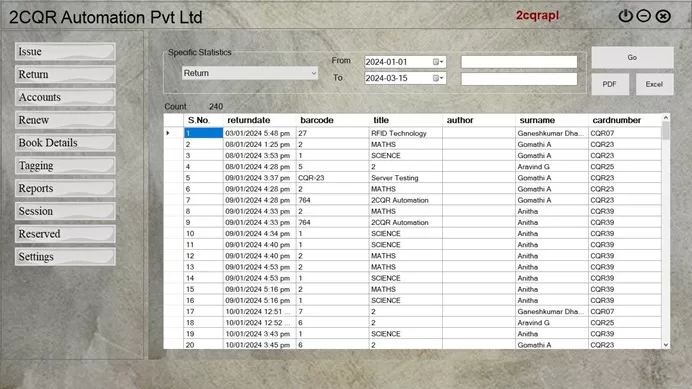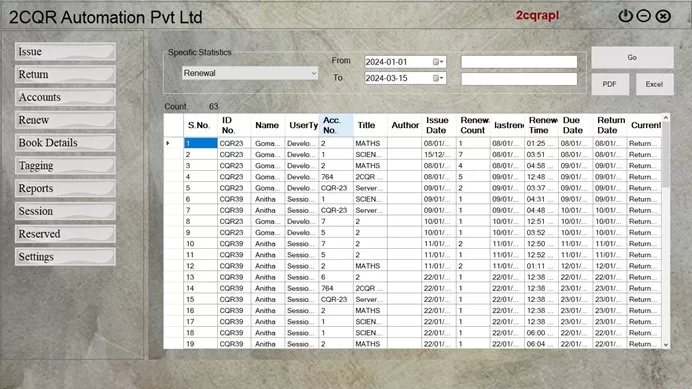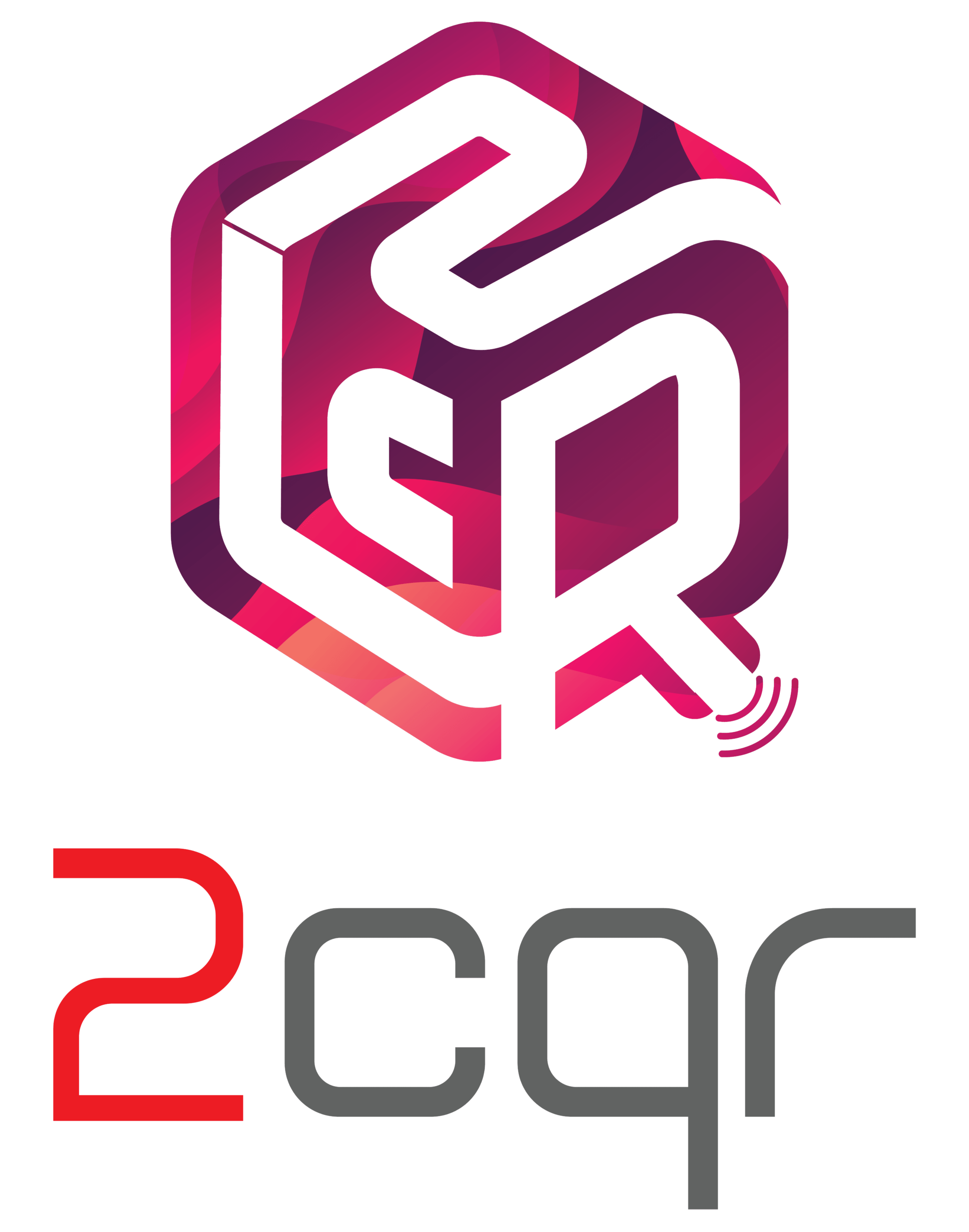In today's data-driven world, libraries are no exception. Just like any other organization, libraries rely on information to understand their patrons' needs and optimize their services accordingly. Here's where Integrated Circulation Systems (ICS) come in – powerful tools that manage library operations, including borrowing returning , renewing ,tagging library materials. But what if you could gain even deeper insights into your library's activity from this software?
This is where the reporting feature of ICS shines. ICS software goes beyond basic circulation. It allows you to generate detailed reports on various library transactions, giving you a clear picture of how your library is being utilized. In this blog, let's explore what ICS software is, its detailed reporting features, and how these reports benefit libraries.
Getting to Know ICS :
ICS software acts as a central hub for all your library's circulation needs. It allows staff and admins to manage tasks like issuing , renewing and returning books (using RFID), creating user accounts to access ICS, activating RFID book tags, and even viewing book details and patron details with just a simple scan. ICS can also be integrated with Koha, another library management system, giving you the flexibility to pull reports from that platform for a truly comprehensive picture of your library's activity.
Exploring the Reporting Feature of ICS :
One of the standout features of ICS is its robust reporting capabilities, offering detailed insights into various library transactions. Accessing Reports is convenient as it's all located on the ICS home screen. Simply navigate to the "Reports" section.Within Reports, you'll find a menu of options for generating specific reports. These include issue details (books borrowed), return details (books returned), patron details , Renew details , and even an ICS log that tracks user login activity.
The reporting feature allows you to set a date range for your reports, ensuring you get the information for the specific period of time that you need . Once you've generated your report, you can choose to download it in a format that suits your needs. ICS typically offers options to export reports in PDF or Excel format, allowing you to share them with colleagues or analyze them further in your spreadsheet software.
Here's a closer look at what the reporting feature entails :
1) Issue Details : This report provides details of issued books, including, book numbers, titles, due date , relevant patron information, etc. This detailed record helps librarians manage circulation and identify popular titles.
2) Renewal Details : This report offers information on book renewals, including the renewed book title, Book number, author, the person who renewed it, the new due date ,etc. This feature ensures transparency and accountability in the renewal process.
3) Return Details : This report includes information on returned books, including returned date, book numbers, titles, and the person who returned them. This data facilitates inventory management and helps identify trends in book usage.
4) Patron Details : This report gives insights into patron activity, including books borrowed, overdue items, fine details, renewals,etc.
5) ICS Log : The report provides a record of user activity within the system, including login details and login time of users. This feature ensures accountability and security by monitoring system usage.

ICS Return report

ICS Renew report
Advantages of ICS Reports
-
Informed Collection Development :
Through detailed analysis of patron details, issue details, and return details, librarians can identify popular books and genres, enabling them to make informed decisions about which materials to acquire and add to their collections.
-
Efficient Resource Allocation :
By understanding borrowing patterns and trends from these reports, librarians can allocate resources ( Finances) more efficiently, ensuring that budgetary funds are directed towards items that are in high demand among patrons.
-
Strategic Service Improvements :
Insights from these reports allow librarians to identify areas for service improvement, such as adjusting loan periods or expanding popular collections, to better meet the needs and preferences of library users.
-
Targeted Programming :
Analysis of patron detail reports can inform the development of targeted programming and outreach initiatives tailored to the interests and demographics of the library's user base, allowing community engagement and participation.
-
Proactive Collection Maintenance :
Through regular review of issue details and return details reports, librarians can proactively manage their collections by identifying items that are no longer circulating or are frequently returned damaged, facilitating timely removal or repair.
-
Security Monitoring :
The ICS log report provides a detailed record of user activity within the system, allowing librarians to monitor for any unauthorized access or suspicious behaviour. This proactive approach to security helps safeguard sensitive patron information and ensures the integrity of library operations.
-
Accountability and Compliance :
By tracking user login activity and actions taken within the system, Libraries can promote accountability among library staff. It helps ensure compliance with library policies and procedures, as well as regulatory requirements, by providing a clear audit trail of system interactions. This facilitates adherence to established protocols within the library environment.
-
Evidence for Funding Requests :
Transaction reports provide concrete data on library usage and resource utilization, which can be invaluable for securing funding from stakeholders or grant applications by demonstrating the library's value and impact within the community.
By unlocking the power of ICS reporting, libraries can leap from data gatherers to data-driven decision makers. These insights enables them to improve collections, financial decisions, and user services, ultimately creating a more dynamic and user-centric library experience for everyone.
Read more to know on ICS

